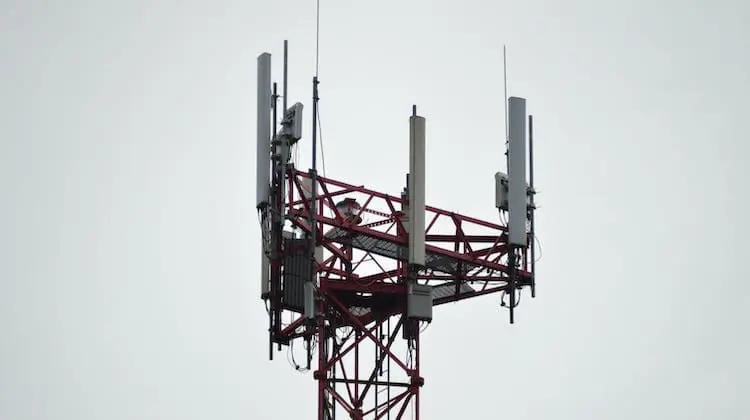A reliable and fast internet connection is essential for personal and professional purposes. However, with numerous internet service providers (ISPs) vying for your attention, making the right choice, often referred to as selecting the Best broadband connection, can take time and effort. In this article, you will explore the factors to consider when choosing the best internet service provider, ensuring you make an informed decision that aligns with your needs.
Coverage Area
One of the primary factors to evaluate is the coverage area of the internet service provider. Not all ISPs offer services in every location, so it’s essential to determine if they cover your area. Consider urban and rural coverage and any expansion plans that may affect your connectivity in the future.
Internet Speed
Internet speed is crucial, as it directly impacts your online experience. Determine your specific speed requirements based on your online activities. Streaming high-definition content, playing online games, or working from home may necessitate higher speeds. Look for ISPs that offer a range of speed options to accommodate your needs.
Reliability and Uptime
Reliability is paramount when choosing an internet service provider. Frequent outages or slow speeds can disrupt your online activities and work productivity. Research the provider’s uptime track record and read customer reviews to gauge their reliability in providing consistent service.
Customer Support
Efficient customer support is invaluable, especially when technical issues arise. Assess the ISP’s customer support channels, response times, and availability. A provider with 24/7 customer support and a reputation for resolving issues promptly can save you from frustrating downtime.
Contract Terms and Fees
Examine the terms of service and fees associated with the broadband connection. Some ISPs require long-term contracts, while others offer month-to-month plans. Be aware of any installation fees, equipment costs, or early termination penalties. Understanding the financial aspects of the service is essential to avoid surprises.
Data Caps and Usage Policies
Review the provider’s data caps and usage policies. Some ISPs impose data limits, which can result in additional charges if exceeded. If you engage in data-intensive activities like streaming or online gaming, choose a plan with generous or unlimited data allowances.
Additional Services and Bundles
Some ISPs offer bundled services that include internet, television, and phone services. Bundling can provide cost savings and convenience. Evaluate whether bundling aligns with your needs and budget.

Equipment Quality
Consider the quality of the equipment provided by the ISP. A reliable modem and router can significantly impact the performance of your internet connection. If the provider offers subpar equipment, inquire about using your own to ensure optimal connectivity.
Speed Consistency
Consistency in internet speed is essential. Some ISPs may advertise high speeds but deliver inconsistent performance during peak usage hours. Seek reviews and feedback from current customers to assess the ISP’s speed consistency.
Contract Flexibility
If you prefer flexibility, look for ISPs offering short-term or no-contract options. This flexibility allows you to adapt to changing needs without being locked into a long-term commitment.
Tech Support and Troubleshooting Resources
Evaluate the tech support and troubleshooting resources provided. Access to online guides, forums, and knowledgeable support staff can assist you in resolving common connectivity issues independently.
Privacy and Security
Consider the privacy and security measures. Some providers offer features like antivirus protection and parental controls. Additionally, inquire about their data privacy policies and how they handle customer information.
Reviews and Recommendations
Lastly, seek reviews and recommendations from friends, family, and online communities. Real-world experiences can provide valuable insights into the reliability and quality of the Best internet service provider.
Conclusion
Choosing the Best broadband connection involves thoroughly assessing coverage area, internet speed, reliability, customer support, contract terms, and equipment quality. By carefully considering these factors and conducting research, you can make an informed decision that ensures a seamless and satisfying online experience. Selecting the right internet service provider is an investment in your digital connectivity and productivity.

Leave a Reply